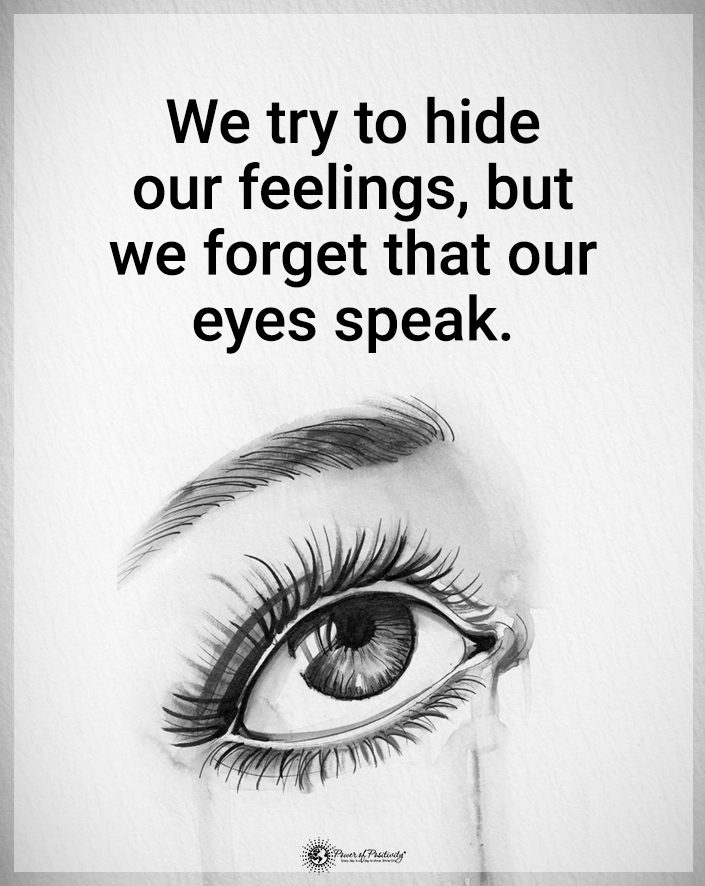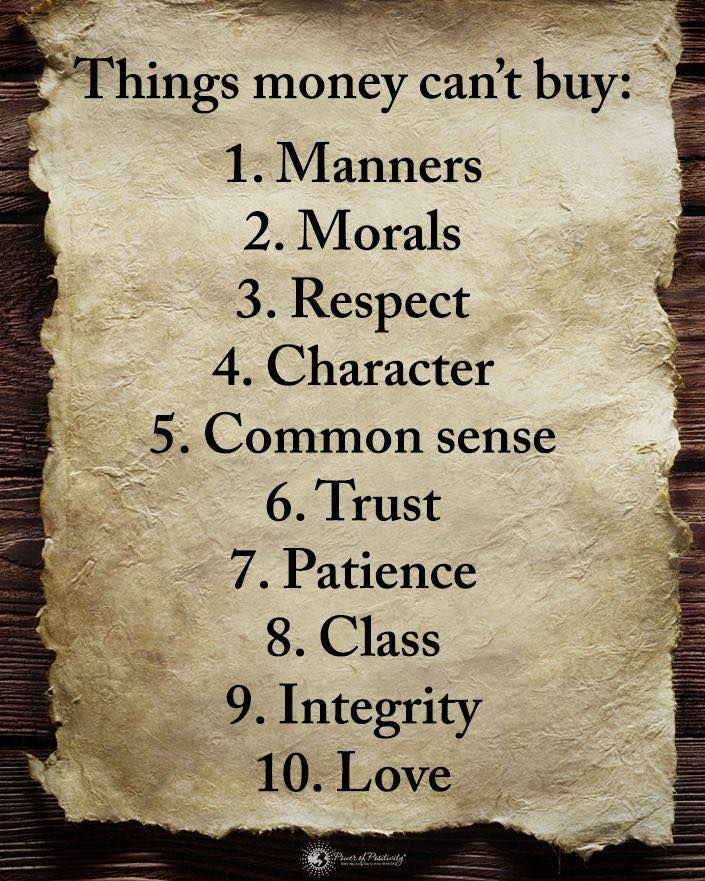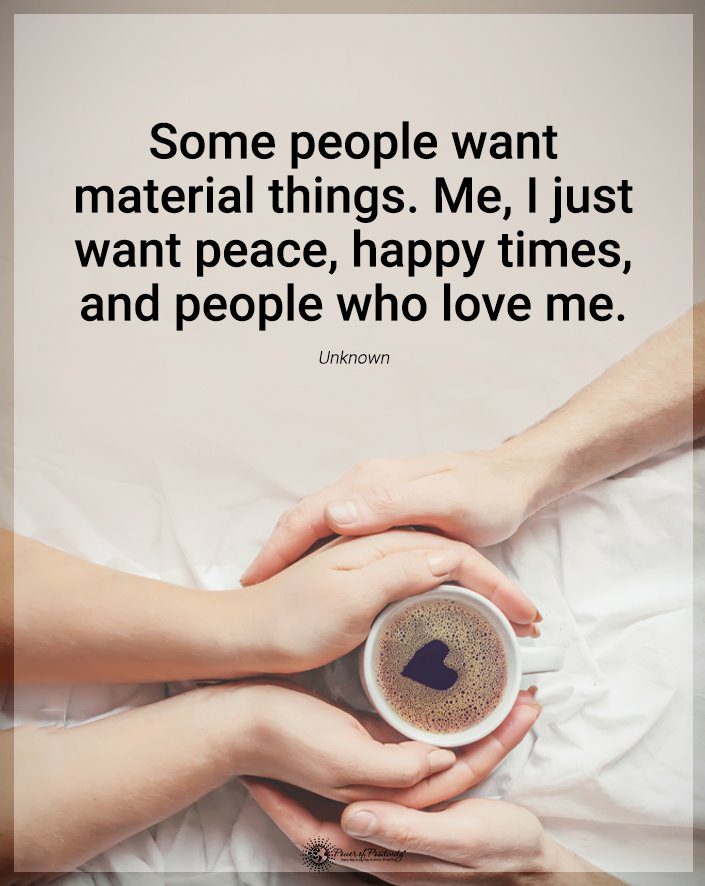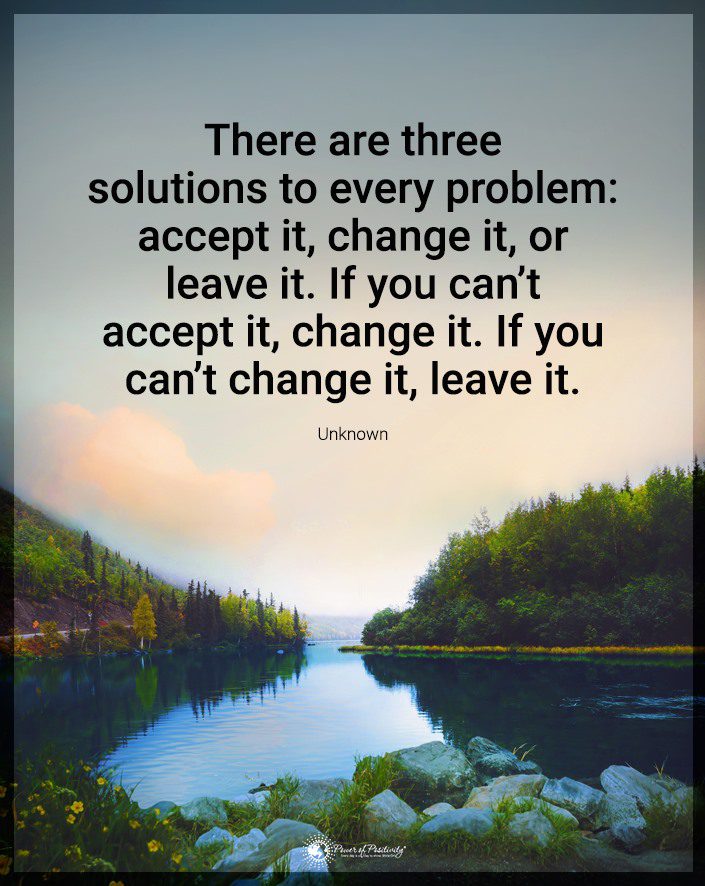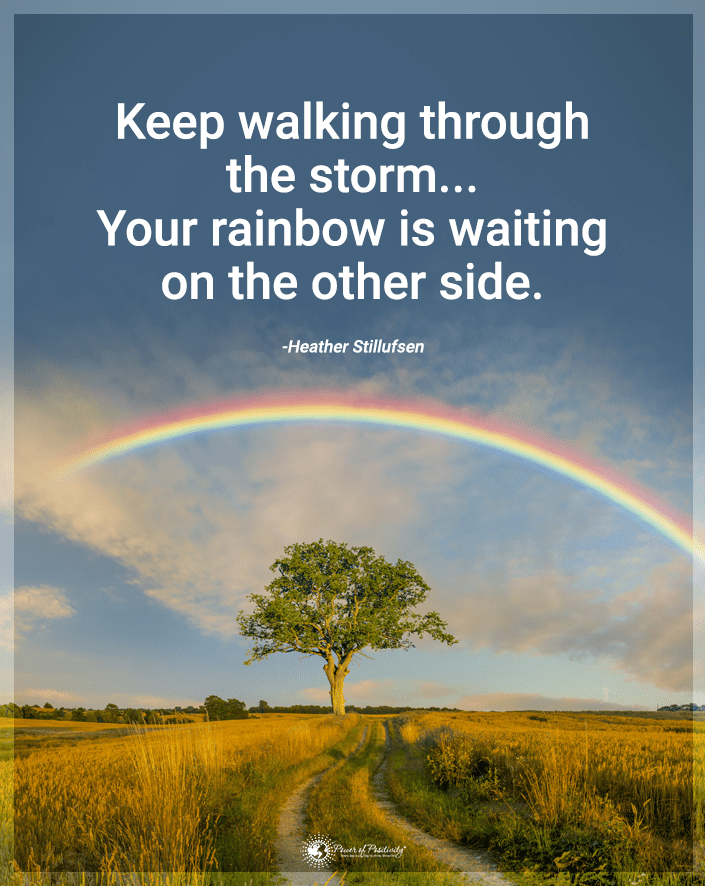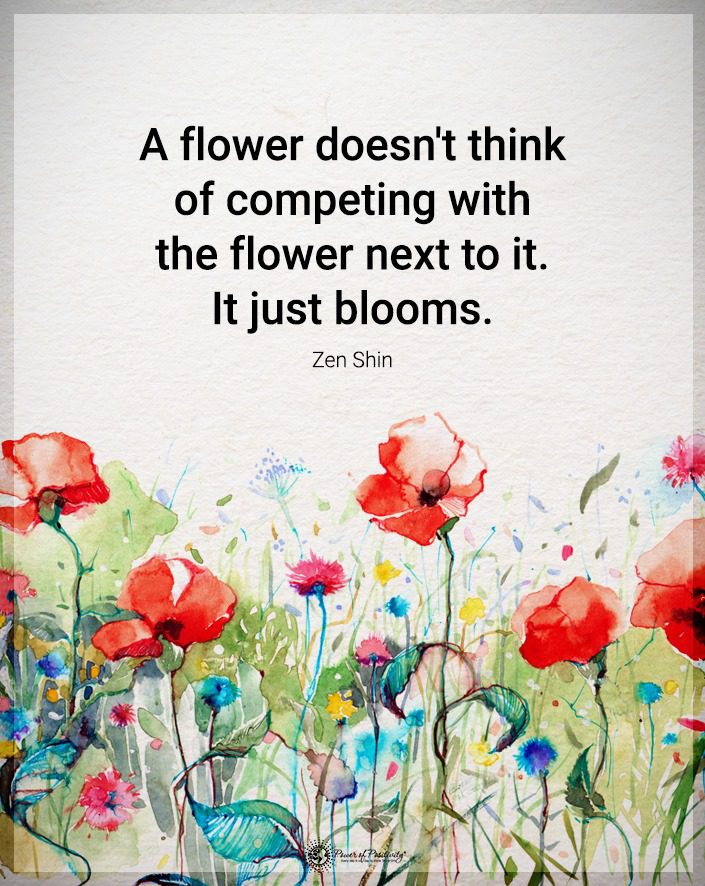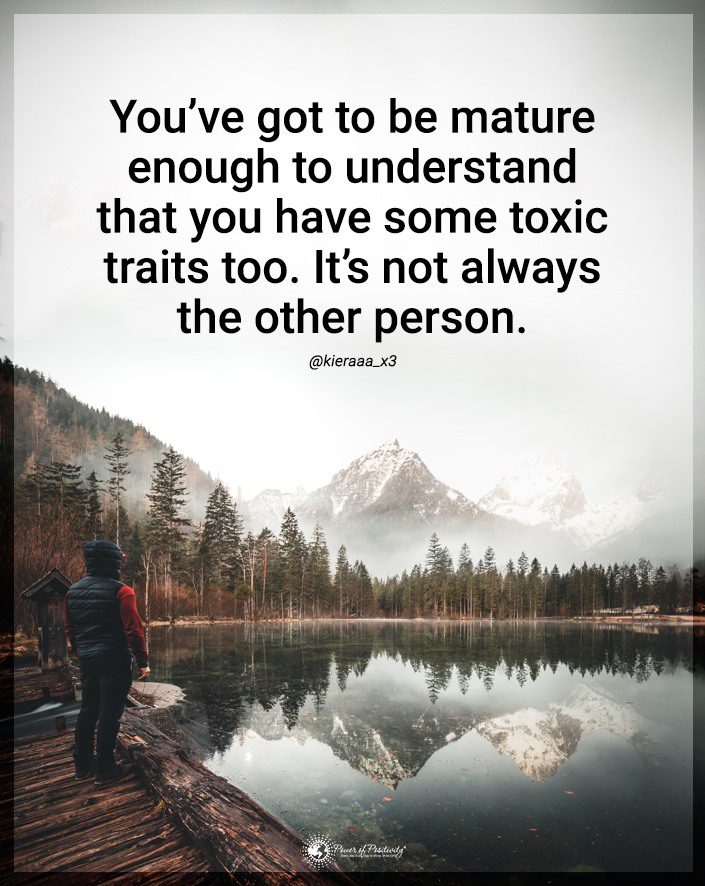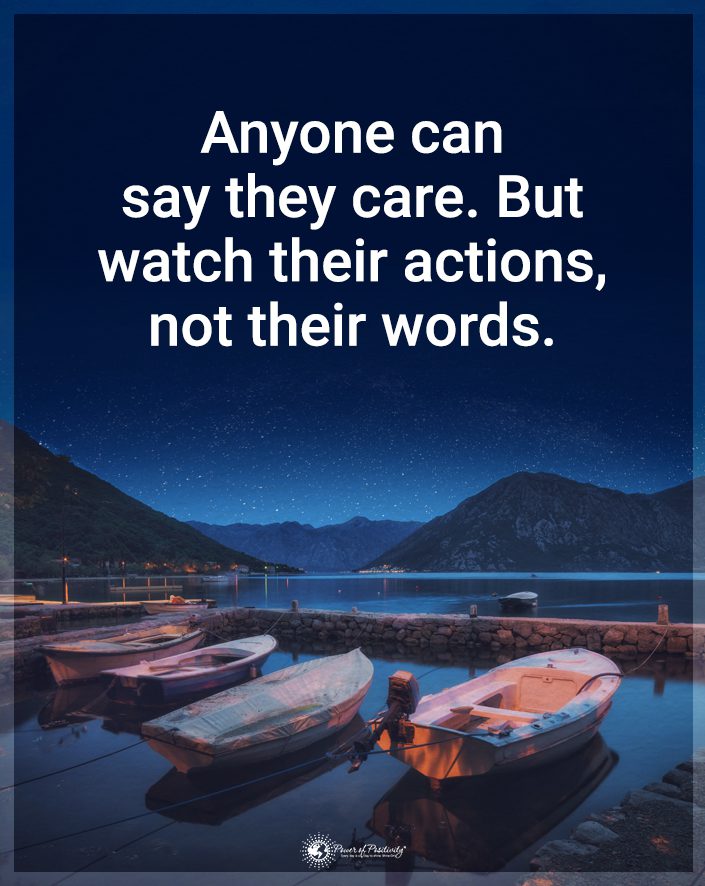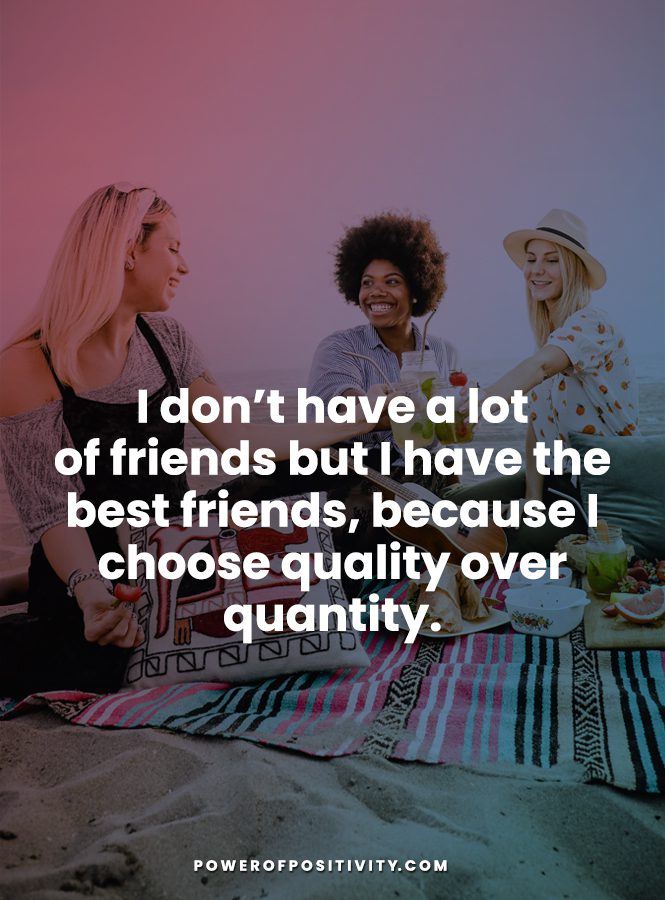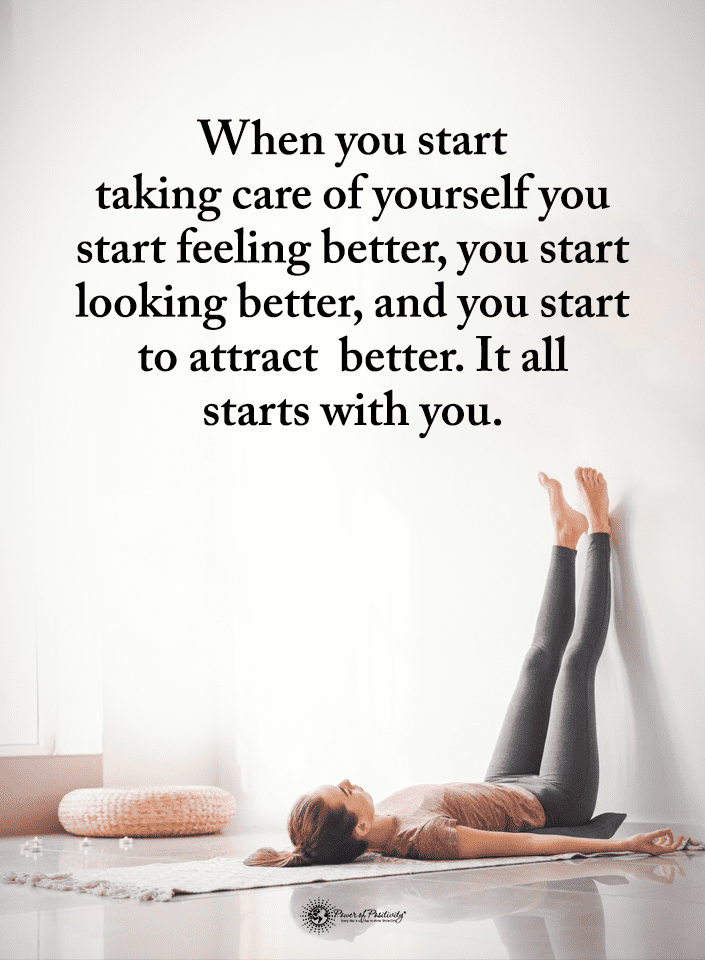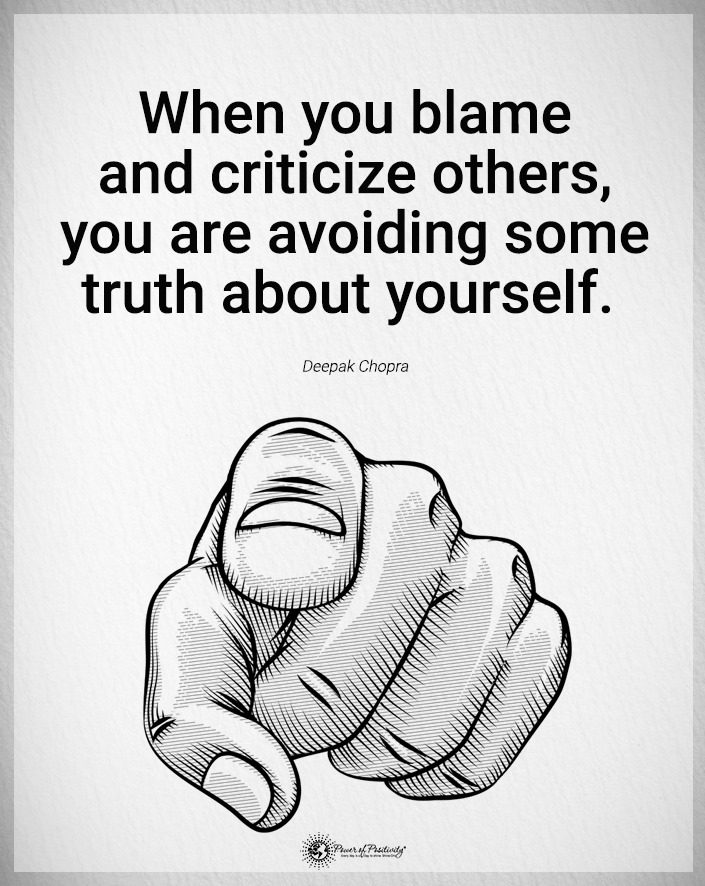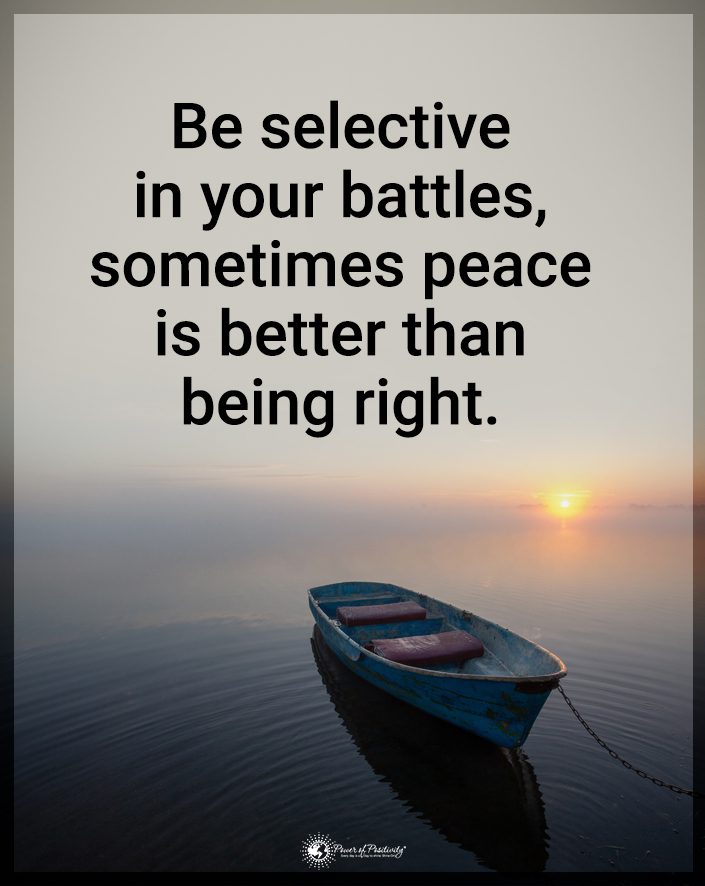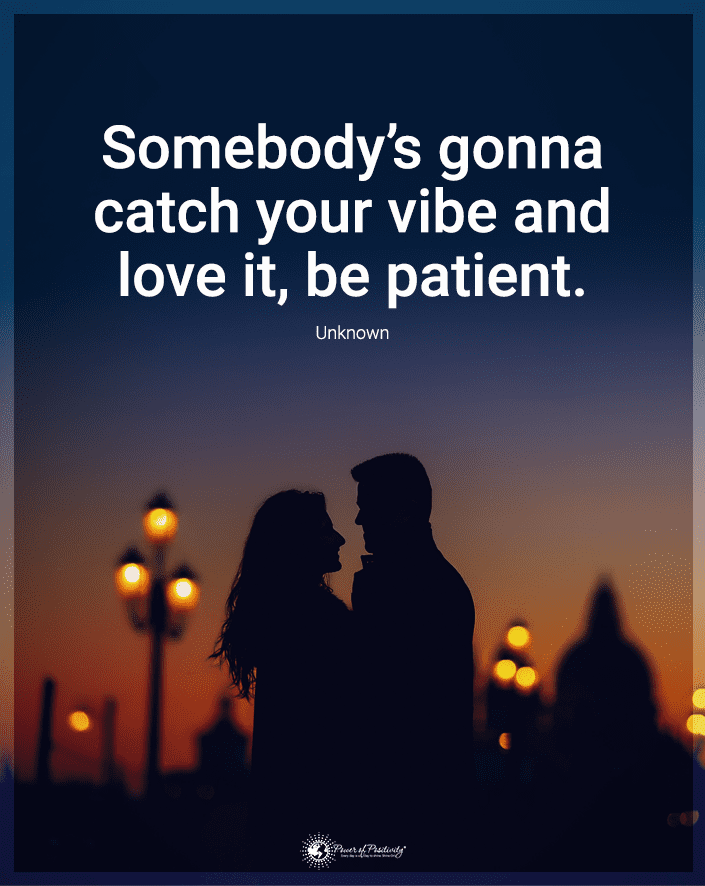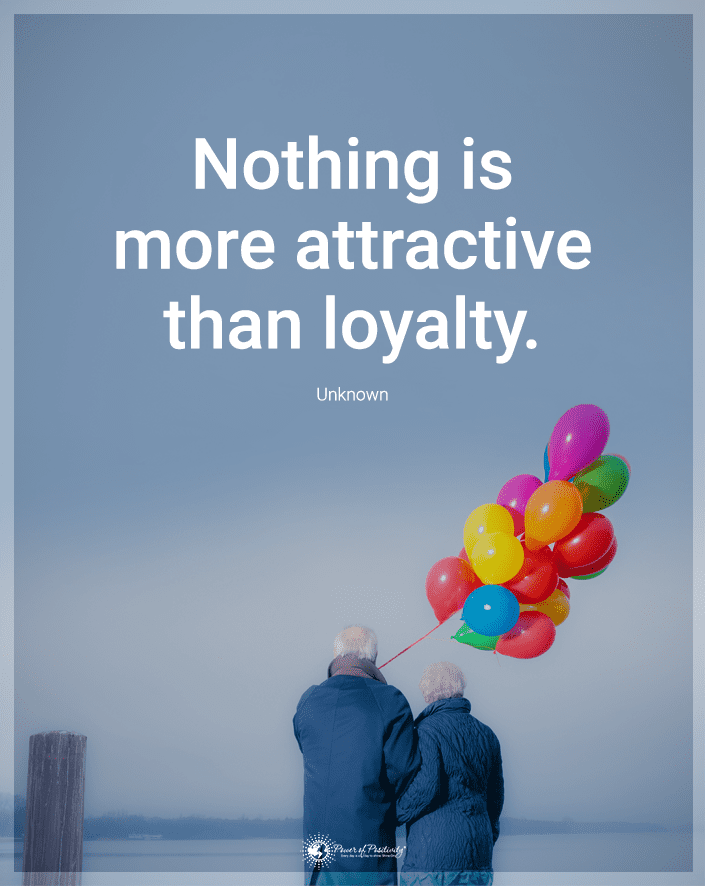Here’s how to form quicker connections with others.
Have you ever walked into a room and felt like you were invisible? Like no matter how hard you tried, people didn’t seem to connect with you? You’re not alone. Many of us have felt this way at some point in our lives. But have you ever wondered why you make limited connections?
Let’s dive into the science behind human connections and discover the reasons.
1. The Power of First Impressions
Every time you meet someone new, a silent conversation occurs before exchanging words. This silent dialogue, formed within seconds, can lay the foundation for the relationship. It’s a powerful testament to the adage, “You never get a second chance to make a first impression.”
Studies have consistently shown that humans are quick to judge. Within the initial seven seconds of an encounter, we’ve already formed an impression. This rapid assessment is rooted in our evolutionary past, where quick judgments could mean the difference between safety and danger. Today, while the stakes might not be about survival, these snap judgments still play a pivotal role in our social interactions.
Your emotional state during these initial moments is crucial. If you’re feeling anxious, distracted, or preoccupied, it can manifest in subtle cues that others pick up on. For instance, avoiding eye contact or fidgeting can be interpreted as disinterest or discomfort. This can inadvertently create barriers, making it challenging for others to connect with you.

Tips to Connect by Making a Positive First Impression
To harness the power of first impressions:
- Be Present: Ensure you’re mentally present during introductions. Focus on the person you’re meeting rather than letting your mind wander.
- Mind Your Appearance: While it’s essential to be yourself, presenting yourself neatly can make a difference. It shows respect for yourself and the person you’re meeting.
- Practice Active Listening: Show genuine concern about what the other person is saying. That can foster a sense of connection right from the start.
2. Body Language Speaks Louder Than Words When Trying to Connect With Others
While words are a primary mode of communication, they’re just the tip of the iceberg. Beneath the surface, our bodies constantly convey messages, often more honestly than words. This non-verbal communication, from our posture to facial expressions, speaks volumes about our feelings and intentions.
Experts estimate that up to 65% of our communication is non-verbal. This statistic reveals the importance of being aware of the signals we send, often without even realizing it. A simple gesture, like crossing your arms, can be perceived as defensive or closed off, even if that wasn’t your intention.
Body language is a two-way street. While it’s essential to be conscious of the signals you’re sending, it’s equally crucial to pick up on the cues from others. This can provide invaluable insights into their feelings and thoughts, allowing for more profound connections.
Guidelines for Positive Body Language
To ensure your body language fosters connection:
- Maintain Good Posture: Standing or sitting up straight exudes confidence and openness. It signals that you’re engaged and attentive.
- Eye Contact: This simple act can create a sense of intimacy and trust. However, striking a balance is essential. That’s because too little can seem evasive, while too much can be intimidating.
- Mirror Gestures: Subtly mirroring the body language of the person you’re speaking to can create a sense of rapport and understanding.
- Be Genuine: Authenticity is key. Forced or exaggerated gestures can come off as insincere. Let your body language flow naturally from your feelings and reactions.
3. The Role of Mirror Neurons When You Connect With People
The intricacies of the human brain are so amazing. Among its many wonders are “mirror neurons,” specialized cells that have revolutionized our understanding of human interaction and empathy.
Mirror neurons are fascinating because they fire when we act and when we observe someone else performing that same action. For instance, when you watch someone laugh, the same neurons that would activate if you were laughing light up in your brain. This mirroring process allows us to “feel” what others are feeling, providing a foundation for empathy and understanding.
Empathy is the ability to process and share the feelings of another. Thanks to mirror neurons, we can feel the joy, pain, or sadness of others. This neural mirroring can lead to deeper emotional connections. However, if we’re distracted or emotionally distant, we might not respond to these mirrored emotions, leading to feelings of disconnection.
Using the Power of Mirror Neurons to Connect
To foster genuine connections:
- Be Present: Engage fully in interactions. This lets your mirror neurons do their job, helping you resonate with others’ emotions.
- Observe Non-Verbal Cues: Pay close attention to body language, facial expressions, and gestures. These are rich sources of emotional information that your mirror neurons can pick up on.
- Practice Empathy: Actively try to put yourself in another’s shoes. This not only strengthens your neural connections but also deepens your relationships.
4. Listening Is an Art
In a world filled with noise, genuinely listening stands out. It’s a simple yet profound way to show someone that they matter. When people feel heard, they feel valued, understood, and connected.
There’s a significant difference between hearing and listening. Hearing is a passive act; it’s the mere perception of sound. Listening, on the other hand, is active. It involves perceiving words and understanding, interpreting, and responding to them.
Honing your listening skills enhances your personal and professional relationships and enriches your life. You’ll gain deeper insights, understand diverse perspectives, and foster genuine connections that stand the test of time.
The Pillars of Active Listening
Active listening builds on several fundamental principles:
- Focus: Give the speaker your undivided attention. It means putting away distractions and being present in the moment.
- Empathize: Try to understand the emotions behind the words. It deepens your connection and shows the speaker that you genuinely care.
- Refrain from Interrupting: Allow the speaker to express themselves fully before responding. That shows respect and patience.
- Ask Open-Ended Questions: Instead of queries requiring a simple yes or no, ask questions encouraging elaboration. These questions convey your interest and can lead to deeper conversations.
5. Shared Experiences Can Help You Connect Quickly
Many meaningful relationships stem from shared experiences and common interests. These moments, whether big or small, serve as anchors, binding us to one another and fostering a sense of belonging.
Shared experiences create a common ground, a platform where mutual understanding and empathy can flourish. When we share an interest or go through a similar experience with someone, it becomes easier to relate to them, to understand their perspectives, and to feel understood in return.
The beauty of shared experiences is that they often lead to more shared moments, creating a positive feedback loop. One shared interest can pave the way for discovering more commonalities, deepening the bond further.
Tips for Breaking the Ice and Make Connections
If you often find it challenging to relate to others, diving into new experiences can be transformative. By exploring new activities:
- Broaden Your Horizons: Trying new hobbies or activities enriches your life and expands your social circle. You’ll naturally meet people with whom you share common interests.
- Join Interest-Based Groups: Whether it’s a book club, a hiking group, or a photography class, joining groups aligned with your passions can be a gateway to meaningful connections. These communities can be in person or online – like the Power of Positivity community. However, balancing online and personal connections is vital (as you will see in #6).
- Attend Social Gatherings: Events, workshops, or seminars related to your interests can be fertile ground for sparking conversations and building relationships.
6. The Impact of Technology on Your Ability to Connect in Person
Technology has reshaped how humans interact together. On the one hand, it has bridged gaps. Therefore, it allows us to connect with people across the globe instantly. On the other, it has, paradoxically, created a chasm in genuine, face-to-face interactions.
While technology offers incredible advantages, it’s essential to strike a balance. We can harness the best of both worlds by consciously choosing genuine, in-depth interactions over fleeting digital exchanges.
While social media platforms, messaging apps, and virtual meetings keep us “connected,” they often lack the depth and warmth of in-person interactions. The nuances of body language, the spontaneity of real-time conversations. Furthermore, the intimacy of shared physical space cannot happen behind screens.
This digital saturation has several repercussions.
For instance, online conversations tend to be brief and superficial, especially on social media. In fact, they lack the depth that nurtures genuine bonds. The absence of physical presence can also lead to feelings of isolation, even when we’re constantly “chatting” online.
To Form a Strong In-Person Connection
Here are some tips for making stronger connections when you meet someone new:
- Prioritize Face-to-Face Interactions: Whenever possible, opt for in-person meetings or gatherings. The richness of these interactions is unparalleled.
- Digital Detox: Allocate specific times in the day or week when you disconnect from digital devices. Use this time to engage in offline activities or reflect and recharge.
- Quality Over Quantity: Instead of spreading your efforts across multiple platforms and groups, focus on a few meaningful online and offline interactions.
Final Thoughts on Learning How to Connect With Others More Quickly
Feeling like people don’t connect with you can be disheartening. But, understanding the science behind connections can offer insights into improving your interpersonal relationships.
Remember, every individual is unique, and what works to connect you with one person might not work for another. So, experiment, be genuine, and most importantly, be yourself because the best connections are authentic and heartfelt.

